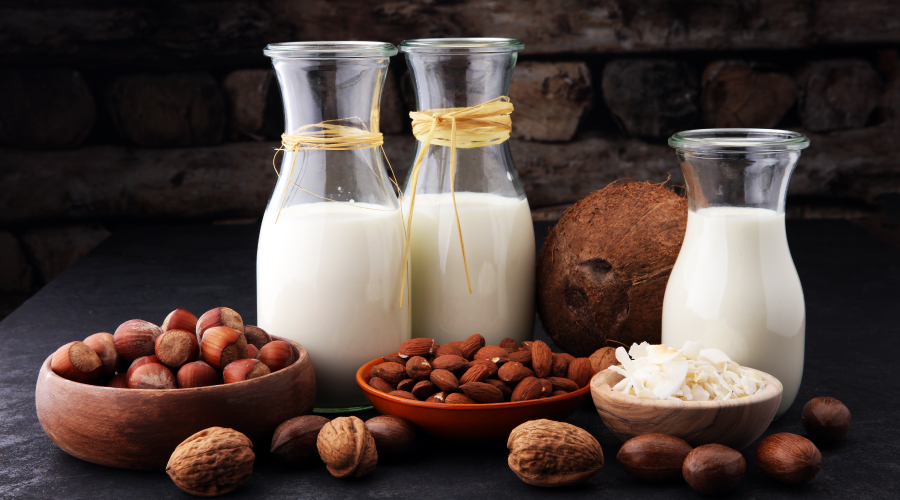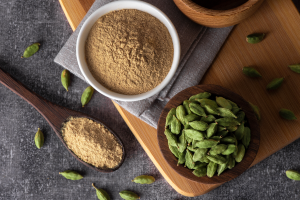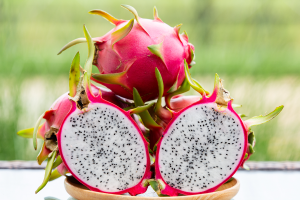

Dairy milk is milk that comes from cows, sheep, goats, etc. They are loaded with nutrients and have an array of health benefits. For ages, it has been insisted to include dairy milk, especially cow’s milk, into your diet, for overall health. With the number of people looking for options other than dairy milk on the increase, the dairy milk types and non dairy milk varieties have expanded. Picking the healthiest milk is not just about the lipid content. There are various other factors to be considered.
Which sort of milk is the healthiest for you may be a question you have if you want to explore other possibilities or if you want to avoid drinking cow’s milk for dietary or health reasons.
Types of Non Dairy Milk and Their Benefits
Lactose intolerant people, i.e., people who are allergic to milk, people who are looking for milk substitutes for health and fitness reasons, and vegans who do not want to consume animal milk for ethical reasons, now have an array of non dairy milk varieties to choose from.
1. Soy Milk
For generations, soy has been incorporated as a staple diet. The same technique that was applied in the past to extract soy milk from soybean is being followed even today. Soy milk is available in various flavours, like chocolate and vanilla, full fat and low-fat varieties. It is a healthy non dairy milk variety.
Like manufacturers of dairy milk, soy milk producers frequently fortify it with calcium, vitamins A and D, and riboflavin. It is the most comparable substitute for cow’s milk because it also has around the same amount of protein per serving as dairy milk.
The nutrients available in 240 ml of soy milk are given below:
- Calories: 05
- Carbs: 12 grams, including 8.91 grams of sugar
- Protein: 6.34 grams
- Fat: 3.5 grams
- Vitamin D: 2.68 mcg
- Vitamin B12: 2.07 mcg
- Calcium: 300 mg
- Potassium: 298 mg
- Cholesterol: 0 mg
- Fibre: 0.488 grams
The nutritional composition depends on the flavour and the additional vitamins and minerals it is fortified with.
Soy milk contains isoflavones, which are organic antioxidants. There may also be links with a lower risk of heart disease, according to experts at the University of Bristol. About 25 mg of isoflavones are present in one serving of soy milk.
Women going through and coming out of menopause may benefit from consuming soy. Phytoestrogens, substances found in soy, may replicate the effects of oestrogen in the body. According to a review and meta-analysis, these substances may lessen some of the symptoms of menopause without having severe side effects.
Both GMO and non-GMO are available at the stores. They are equally beneficial, and you can consume either of them. However, soy milk is not a good substitute for breast milk or formula given to infants.
2. Almond Milk
Almonds are soaked in water, blended and strained to make almond milk. It is a yummy non dairy milk substitute for those who cannot or prefer not to consume dairy milk, but it is unsafe if you are allergic to tree nuts. Unsweetened almond milk is a beautiful option if you follow a lower-carb diet because it has fewer calories and carbs than cow’s milk.
But keep in mind that lots of brands have extra sugar. Always read the ingredient list, and stay away from anything that has been sweetened.
Almond milk is naturally a high source of the antioxidant vitamin E, but it also lacks many other elements, including protein. Numerous brands have calcium and vitamin A added to them, but it varies with the brand.
The nutrients available in 240 ml of almond milk are
- Calories: 41
- Protein: 1 gram
- Carbs: 2 grams
- Fat: 3 grams
- Vitamin E: 50% of the DV
To make it thicker, some brands contain carrageenan. Whether carrageenan harms gut health is still under debate.
3. Coconut Milk
Coconut milk is derived from the white flesh of a coconut. It is one of the safest non dairy milk varieties, especially if you are allergic to tree nuts. To give it a consistency similar to cow’s milk, coconut milk is blended with water. Nutritionally, the protein content is much lower than in almond milk. But it is fortified with other nutrients.
Coconut milk is generally a part of Indian cuisine as it tends to be higher in fat and has a distinct flavour.
240 ml of unsweetened coconut milk provides the following nutrients
- Calories: 46
- Protein: 0
- Carbs: 1 gram
- Fat: 4 grams
Coconut milk has been associated with heart health advantages like increased levels of HDL (good) cholesterol. Certain brands are fortified with minerals and vitamins B12, D, and A. Be sure to compare the labels because different brands may add different types and quantities of nutrients.
4. Oat Milk
Oat milk made by soaking whole oats in milk does not provide the same health advantages as eating a bowl of oats. But it is incredibly nutrient-dense and one of the non dairy milk types that are preferred. Oat milk is rich in carbohydrates owing to its natural sweetness.
The creamier texture of oat milk comes from the soluble fibre available, which makes it special. Soluble fibre helps slow digestion and keeps you fuller for longer by absorbing water and turning it into a gel during digestion. Additionally, it can aid in blood sugar stabilisation. The soluble fibre may also help in lowering cholesterol levels. Studies have shown that consuming oat milk reduces LDL cholesterol levels.
Depending on the brand and how it is fortified, the nutritional value of oat milk may vary. However, 240 ml of oat milk generally contains the following nutrients.
- Calories: 120
- Protein: 3 grams
- Fibre: 2 grams
- Carbs: 16 grams
- Fat: 5 grams
- Vitamin B12: 50% of the DV
- Calcium: 27% of the DV
- Phosphorous: 22% of the DV
- Riboflavin: 46% of the DV
- Vitamin D: 18% of the DV
- Vitamin A: 18% of the DV
5. Hemp Milk
Hemp Milk is a product of hemp seeds that are soaked and ground. These hemp seeds are free of the psychotropic ingredient found in Cannabis sativa. The seeds are rich in protein and good fats like omega-3 and omega-6. As a result, compared to other plant milk, hemp milk has a somewhat higher concentration of essential nutrients.
Hemp milk contains the following nutrients in a 240 ml serving:
- Calories: 60
- Protein: 3 grams
- Carbs: 0 grams
- Fat: 5 grams
- Phosphorous: 25% of the DV
- Calcium: 20% of the DV
- Magnesium: 15% of the DV
- Iron: 10% of the DV
Although some kinds of hemp milk include sweeteners, which raise the carb level, hemp milk is essentially carb-free. Make careful to read the ingredient list and purchase sugar-free hemp milk and other plant milk. This is an excellent option of non dairy milk substitute if you are on a low-carb diet.
Other Non Dairy Milk Varieties
Besides the non dairy milk types mentioned above, there are other options that you can pick from depending on your health requirements.
- Flax milk
- Rice milk
- Quinoa milk
- Sunflower milk
If you are lactose intolerant and do not want to consume non-dairy milk, there is an alternative to standard dairy milk. Lactose-free cow milk is also available, which is as nutrient-dense as regular cow’s milk.
However, if you are apprehensive about antibiotics or hormones in raw milk, these apprehensions are baseless. Manufacturers test for hormones or other contaminants in the milk before shipping them. Some people, however, opt for organic, raw and unpasteurised cow milk. However, this milk may pose health risks which is not the case with pasteurised milk.
Conclusion
Anybody wishing to replace dairy products should be sure to pick non dairy milk that has a nutritional profile that is most similar to that of their existing goods. People should always read the packaging label before choosing a milk substitute. Dairy milk and replacements are frequently fortified by manufacturers with varying levels of additional nutrients.
People should include milk as part of a nutritious, well-balanced diet. Any age group can benefit from a diet free of dairy products with careful planning and trained dietitian guidance.




